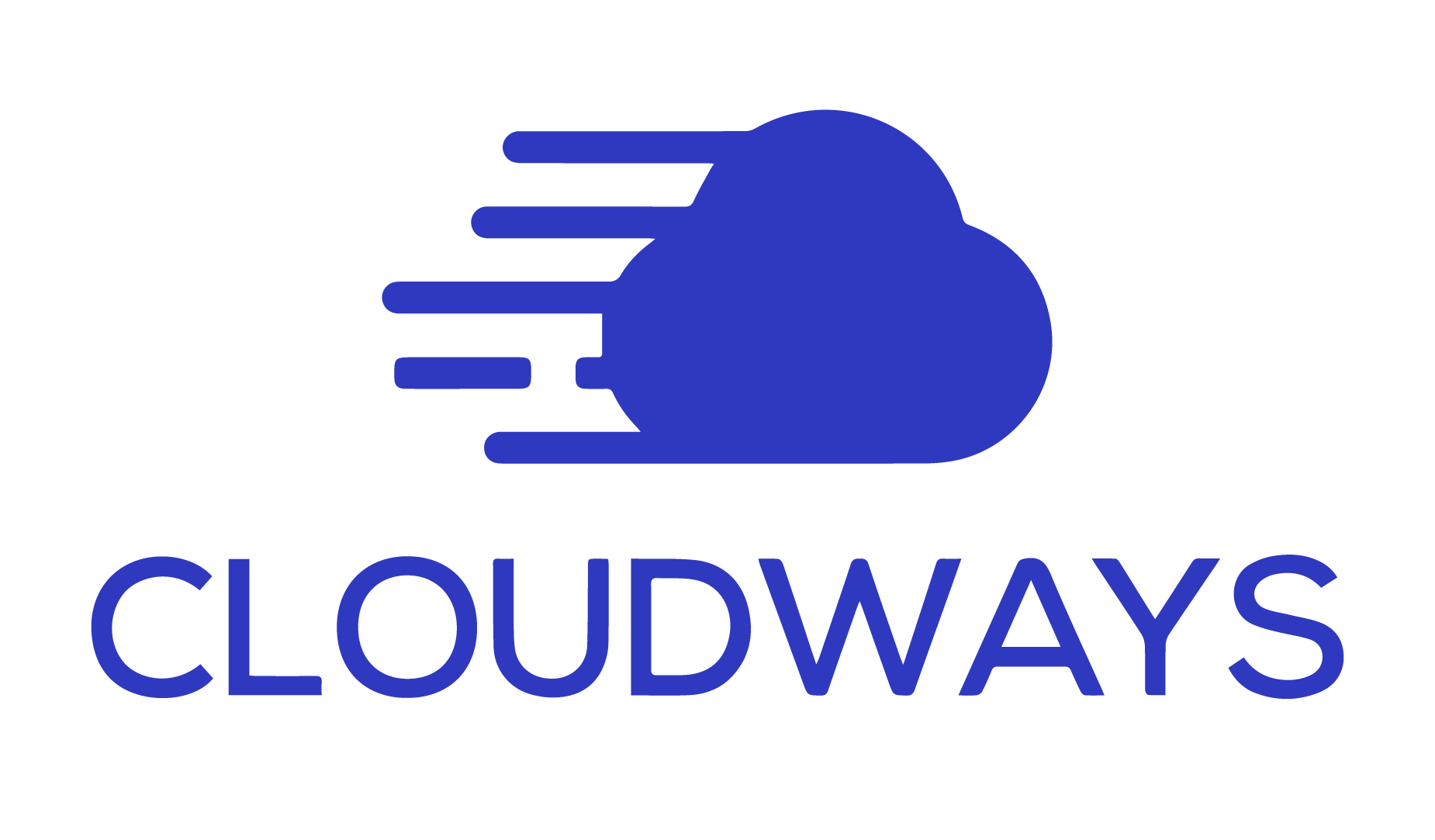A Best resume for a high-paying job requires a resume that effectively showcases your skills, experiences, and accomplishments in a clear, impactful way. Your resume serves as your first impression to recruiters and hiring managers, so it’s crucial to ensure it stands out. Here’s a comprehensive guide on crafting the best resume to secure a high-paying job.
Table of Contents
Key Elements of a High-Paying Job Resume
1. Contact Information
Ensure your resume starts with the correct contact details so recruiters can easily reach you.
- Full Name
- Phone Number
- Professional Email Address
- LinkedIn Profile (if applicable)
2. Professional Summary
This is a brief, compelling section summarizing your career achievements and goals. It should:
- Highlight your years of experience in the industry
- Showcase key accomplishments
- Emphasize your unique value proposition
Example:
“Results-driven Marketing Manager with 10+ years of experience leading successful campaigns that increased revenue by 40%. Adept at brand development, digital marketing strategies, and team leadership. Seeking to drive growth at XYZ Corporation.”
3. Core Competencies/Skills
A section dedicated to your core skills helps recruiters quickly assess your expertise.
Hard Skills:
- Data Analysis
- Search Engine Optimization (SEO)
- Project Management
- Financial Forecasting
Soft Skills:
- Leadership & Team Management
- Problem-Solving
- Communication
- Adaptability
4. Work Experience
This section should highlight your past jobs, responsibilities, and achievements. Focus on quantifiable results.
Example Format:
Job Title | Company Name | Location | Dates of Employment
- Increased sales by 30% through targeted marketing strategies
- Managed a team of 10 professionals, improving efficiency by 25%
- Developed SEO strategies that improved website traffic by 50%
5. Education
Include relevant educational qualifications that strengthen your profile.
Example Format:
Degree | University Name | Graduation Year
- Relevant coursework: Data Science, Business Analytics
- Honors & Awards: Dean’s List, Magna Cum Laude
6. Certifications & Licenses
Having industry-specific certifications can boost your credibility.
- Google Ads Certification
- Project Management Professional (PMP)
- Certified Public Accountant (CPA)
7. Technical Skills
This section should include software and tools you are proficient in.
- Microsoft Excel (Advanced)
- Python & SQL for Data Analysis
- Adobe Photoshop & Illustrator
- HubSpot & Salesforce
8. Professional Development
Include any training programs, workshops, or additional courses you’ve completed.
- Digital Marketing Bootcamp – General Assembly
- Leadership & Management Training – Harvard Business School
9. Projects
Highlight any key projects where you played a crucial role.
Example:
E-commerce Website Optimization Project
- Led a team that redesigned the website, increasing conversions by 35%
- Integrated AI-driven chatbots, reducing customer response time by 50%
10. Awards & Honors
Showcase any recognitions you’ve received for your work.
- “Employee of the Year” at ABC Corporation
- Top 10 Digital Marketers Award
11. Volunteer Experience
Relevant volunteer work can demonstrate your commitment to causes and leadership skills.
- Led a nonprofit social media campaign that raised $50,000
- Organized local coding workshops for underprivileged students
12. Languages
Being multilingual can be a great asset.
- English (Fluent)
- Spanish (Intermediate)
- French (Basic)
13. Professional Affiliations
List any professional organizations you are a member of.
- Member, American Marketing Association (AMA)
- Certified Member, Project Management Institute (PMI)
Common Resume Mistakes to Avoid
1. Typos and Grammatical Errors
Ensure your resume is error-free by proofreading multiple times or using tools like Grammarly.
2. Including Irrelevant Information
Stick to experiences and skills that directly relate to the job.
3. Using a Generic Resume
Tailor your resume to each job application by incorporating relevant keywords and experiences.
4. Lack of Specific Achievements
Rather than listing job duties, highlight quantifiable results.
- Instead of “Managed social media accounts,” say “Increased engagement by 50% through targeted content strategy.”
5. Unprofessional Email Address
Use a professional email format, such as [email protected].
6. Too Lengthy or Too Short
Aim for one to two pages, depending on your experience level.
7. Overuse of Buzzwords
Avoid vague phrases like “team player” or “hard worker.” Use real examples instead.
8. Poor Formatting
Use a clean, professional layout with clear headings, bullet points, and consistent font usage.
9. Lying or Exaggerating
Be honest about your experiences, as false claims can backfire during interviews.
10. Leaving Out Contact Information
Ensure your phone number, email, and LinkedIn profile are easily visible.
11. Lack of Keywords
Many companies use ATS (Applicant Tracking Systems) to filter resumes. Use keywords from the job description to improve visibility.
12. Not Including a Summary or Objective Statement
A strong summary helps create a great first impression and provides a quick overview of your profile.
13. Ignoring Gaps in Employment
Address employment gaps honestly by mentioning freelance work, courses, or personal projects during that period.
14. Failure to Quantify Accomplishments
Numbers make your achievements more impactful. Instead of “Led marketing campaigns,” write “Led marketing campaigns that generated $500K in sales.”
15. Misaligned Priorities
List the most important and relevant experiences first to capture attention quickly.
Final Tips for a High-Paying Job Resume
- Use a reverse chronological format, listing your most recent job first.
- Stick to a professional font like Arial, Calibri, or Times New Roman.
- Use action verbs like “Managed,” “Led,” “Achieved,” and “Optimized.”
- Save your resume as a PDF to maintain formatting.
- Keep margins and spacing consistent for a clean layout.
Conclusion
A well-crafted resume is essential for landing a high-paying job. By structuring your resume effectively, tailoring it to the job, and avoiding common mistakes, you can significantly increase your chances of standing out to recruiters. Invest time in refining your resume, ensuring it reflects your accomplishments and strengths in the best possible way.

















